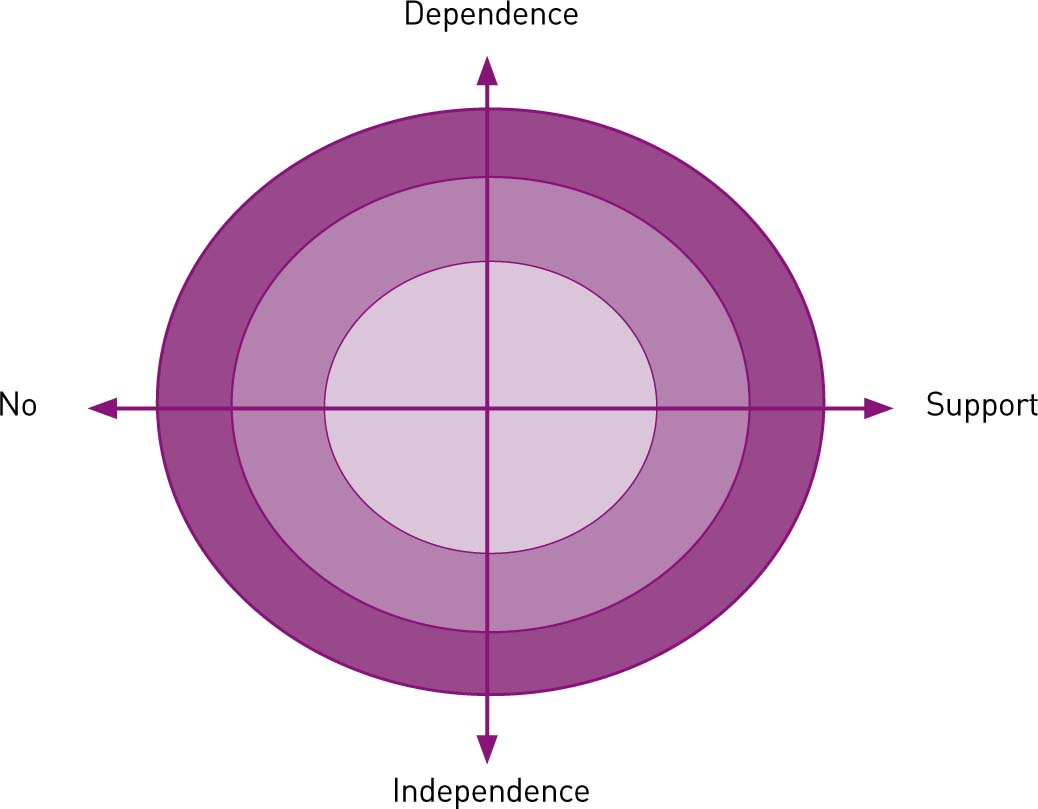The book ‘When IVF Fails: feminism, infertility and the negotiation of normality’ is a long overdue and absolutely vital piece of writing. Karen Throsby has drawn on her background in sociology to examine the gendered ideologies and feminist dialogues which underline the idealised role of woman as mother. The book also discusses the technologies and support networks in place to assist women in pursuing that goal, when nature or circumstance mean that assistance is required.
It has been said that you cannot be a midwife without being a feminist, as women are at the heart of our profession. The focus on, and examination of, feminist narratives of assisted fertility, the role of the woman as creator, and technology and medicine as part of the patriarchal framework, runs through all of the chapters of the book, and is central to the themes as examined. Feminism as an ideology is not above assessment and criticism in Throsby's work, and it is all the more balanced for this.
The book is written from an academic perspective, and contains significant amounts of original research and critical analysis of other sources, but it remains easy to read, entertaining, and eye-opening. The chapters are based around topics such as the consumer model with regard to in vitro fertilisation (IVF) treatment, examining the role of technology in female fertility, and the idea of visible infertility and the social responses to such.
From a midwifery viewpoint, the women we encounter tend to be the success stories, but they will normally come with a history that can influence their entire antenatal, labour, and postnatal experience. Seeking deeper insight into the framework and stereotypes that these women and their families encounter is a vital piece of the puzzle in providing fully rounded and compassionate care, and this book offers many differing experiences to draw on when considering how best to be with these women.
I would recommend that anyone working with women or within reproductive medicine read this book. In fact, I would go further and say that all women should read this book. The idea of ‘woman as mother’ is an all-pervasive part of most societies around the globe, and is a role which is highly gendered by the media and cultural traditions. Within midwifery too, there are outdated gender models of motherhood and parenthood; the idea of skin-to-skin with fathers, or the claim that ‘a father just knows,’ are rarely seen in the labour room or in antenatal classes. Challenging existing paradigms such as these is key to the conclusions drawn within Karen Throsby's book, and as such it should form a central part of modern reflective practice.
I would suggest that the study of sociological frameworks of gender and identity should be central to any modern midwifery training, and form a vital part of preparation work for all post-registration midwives. It would also prove invaluable to other members of the multidisciplinary team who seek an insight into the complexities of the sociological and emotional pressures experienced by women who are facing infertility, or are encountering the range of assisted conception technology and medicine. Karen Throsby covers a number of different angles in approaching this within the book, and remains nuanced while academically rigorous in her assessment and reportage of the experiences of the individuals and systems she encounters.

This book is academically thorough; with a wide range of sources and references, balanced and focused throughout, written from a sociological background but highly relevant to midwifery and reproductive medicine. This is an essential read for academics, specialists, or just out of interest. An enjoyable and eye-opening book, it deserves to be read and re-read.
